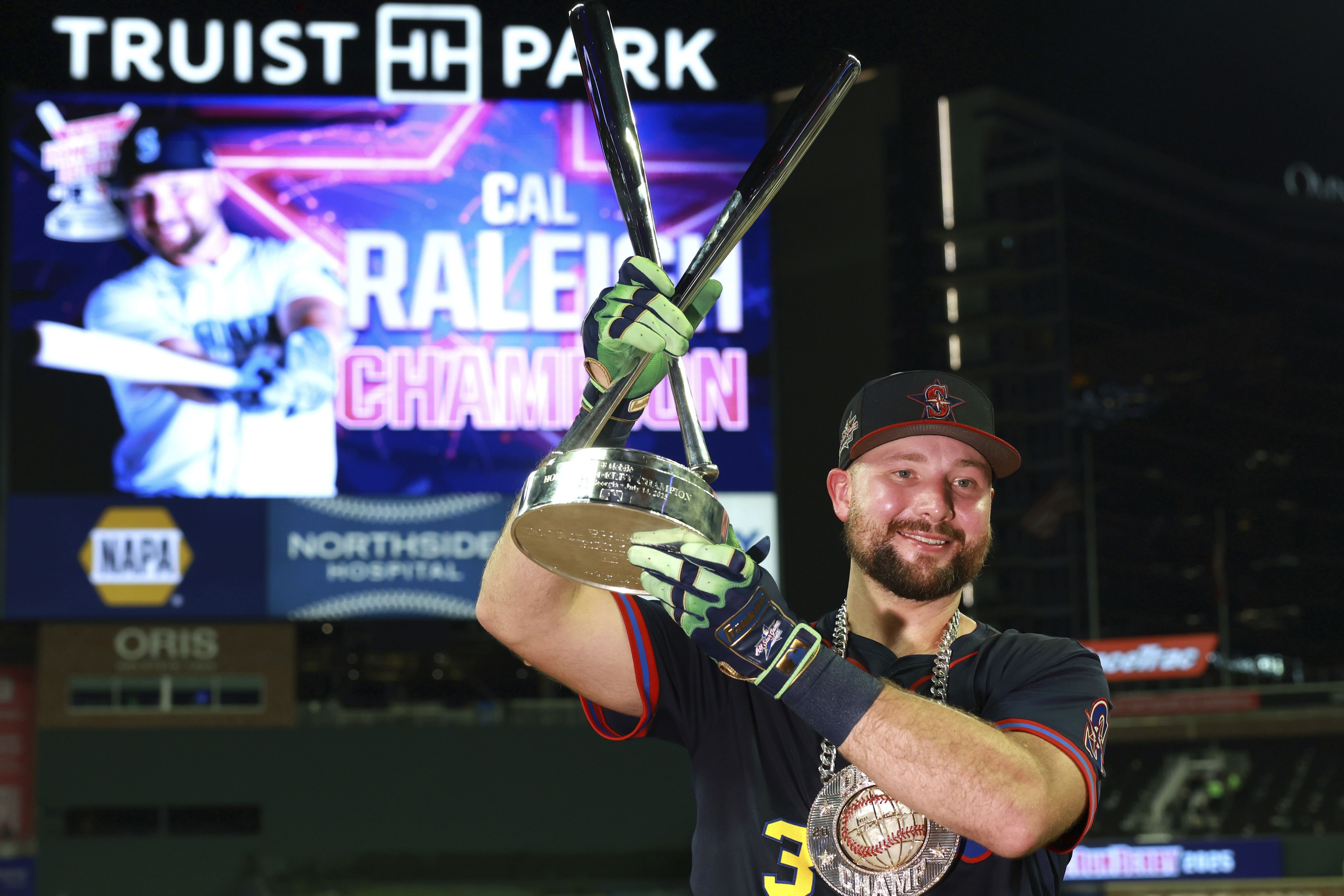Opinion
Seattle Times Ineptly Defends Two-Thirds Rule

The Times' anti-tax pathology blurs their thinking on Eyman rule.
The Seattle Times editorial page weighed in last week on the big Initiative 1053 case. Last Tuesday the Washington State Supreme Court heard arguments over the measure requiring a two-thirds vote by the legislature to raise taxes.
A crew of Democratic state legislators and education advocates are pushing to have the law declared unconstitutional on the grounds that the state constitution specifies that passing a law only requires the approval of a majority of the legislature unless the constitution says otherwise. (This is Civics 101, by the way. The constitution is a limit on state power, not a grant.)
The Times comes out in favor of the two-thirds requirement. Their main argument? The people have voted in favor of the two-thirds rule several times—which is tantamount to saying the courts don't have a role to play in our system of checks and balances.
The Times also tries to shoot down Justice Tom Chambers' witty remark about Santa Claus. (Opponents of the law argue that if the proponents are right and the constitutional language about a majority sets a floor and not a ceiling, then what's to stop people from adding a batch of other requirements onto passing a bill, such as a mandate for 90 percent majority? Or Tim Eyman's approval? Chambers, evidently siding with the opponents' critique, asked if it'd be okay to stipulate that Santa Claus had to sign off on a bill.)
Here's the Times' rejoinder:
To answer Justice Chambers’ question of whether the people could demand the signature of Santa Claus: Suppose they did. It would be a demand for no new taxes at all.
Yes, it would. But would it be constitutional? The Times doesn't say. What they do (try to) say, in the follow-up paragraph, is that there's precedent (in the initiative guidelines) for a two-thirds rule that would prevent absurd standards:
In the first two years of an initiative, the Legislature can amend or erase it by two-thirds votes of both houses, and after that, by simple majorities. So under the initiative power, a two-thirds law is the highest bar the people can set against the Legislature’s will, and that for only two years.
The Times is conflating initiative rules with voting rules, slyly taking advantage of the fact that the potentially unconstitutional voting requirement was put into place by an initiative. This is irrelevant.
As state Sen. David Frockt (D-46, N. Seattle), one of the legislators involved in case (Frockt has warned that the two-thirds rule could be abused to stymie environmental laws) says: "The initiative power and the voting requirements to pass a given law are separate constitutional provisions."




